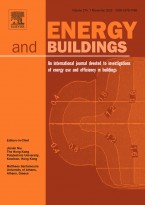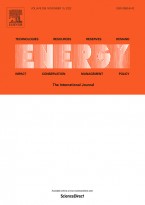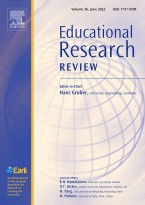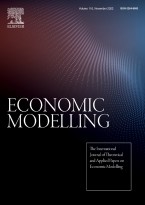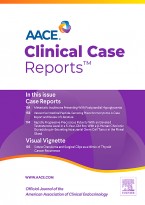
چکیده فارسی
کتواسیدوز دیابتی Euglycemic با عفونت COVID-19 در بیماران مبتلا به دیابت نوع 2 مصرف کننده مهارکننده های SGLT2
دیابت ملیتوس هدف با پیامدهای ضعیف در عفونت کروناویروس 2 سندرم حاد تنفسی شدید (SARS-CoV-2) همراه است. کتواسیدوز دیابتی (DKA) نیز با این ویروس گزارش شده است. مجموعهای از موارد DKA اوگلیسمی (euDKA) در بیماران مبتلا به دیابت نوع 2 با استفاده از مهارکنندههای سدیم-گلوکز (SGLT2is) شناسایی شد که به عفونت SARS-CoV-2 مبتلا شدند. MethodsThe موارد توسط نویسندگان در حالی که ارائه مراقبت بالینی شناسایی شد، و جزئیات جمع آوری شد. نتایج پنج مورد euDKA، با سطح گلوکز کمتر از 300 میلی گرم در دسی لیتر، در طی 2 ماه توسط خدمات مشاوره غدد شناسایی شد. همه بیماران سابقه دیابت نوع 2 بدون سابقه شناخته شده DKA داشتند. همه SGLT2is مصرف می کردند. داروهای ضد قند خون خوراکی برای همه بیماران در هنگام پذیرش قطع شد. همه انفوزیون انسولین داخل وریدی برای درمان DKA قبل از انتقال به رژیم انسولین زیر جلدی دریافت کردند. استفاده از SGLT2i برای تمام بیمارانی که ترخیص شده بودند متوقف شد. نتیجه گیری EuDKA در زمینه بیماری حاد در بیمارانی که از SGLT2is استفاده می کنند دیده شده است، اما این دسته از موارد نشان می دهد که ارتباط خاصی با عفونت SARS-CoV-2 وجود دارد. علاوه بر خطر شناخته شده euDKA با استفاده از SGLT2i، مکانیسم های خاص بیماری کروناویروس 2019 ممکن است شامل اثر سمی مستقیم ویروس بر روی جزایر پانکراس، پاسخ التهابی تسریع شده که باعث کتوزیس می شود، و اثر ادرارآور SGLT2i همراه با بی اشتهایی و بی اشتهایی باشد. استفراغ. توصیه به بیماران برای توقف SGLT2 در هنگام بیماری بسیار مهم است، به خصوص اگر مشکوک به عفونت SARS-CoV-2 باشد.
کلمات کلیدی:کتواسیدوز دیابتی ، مهارکنندههای کوترانسپورتر 2 سدیم گلوکز ، کووید 19 ، دیابت نوع 2
چکیده انگلیسی
Euglycemic Diabetic Ketoacidosis With COVID-19 Infection in Patients With Type 2 Diabetes Taking SGLT2 Inhibitors
Objective Diabetes mellitus is associated with poor outcomes in severe acute respiratory syndrome coronavirus 2 (SARS-CoV-2) infection. Diabetic ketoacidosis (DKA) has also been reported to occur with this virus. A cluster of cases of euglycemic DKA (euDKA) was identified in patients with type 2 diabetes mellitus using sodium-glucose cotransporter-2 inhibitors (SGLT2is) who developed SARS-CoV-2 infection. Methods The cases were identified by the authors while providing clinical care, and details were collected. Results Five cases of euDKA, presenting with glucose levels <300 mg/dL, were identified over the course of 2 months by the endocrinology consult service. All patients had a history of type 2 diabetes mellitus with no known history of DKA. All were taking SGLT2is. Oral antihyperglycemic medications were stopped for all patients on admission. All received intravenous insulin infusion to treat DKA before being transitioned to a subcutaneous insulin regimen. SGLT2i use was discontinued for all patients who were discharged. Conclusion EuDKA has been seen in the setting of acute illness in patients using SGLT2is, but this cluster of cases suggests that there is a specific association with SARS-CoV-2 infection. In addition to the known risk of euDKA with SGLT2i use, coronavirus disease 2019-specific mechanisms may include a direct toxic effect of the virus on the pancreatic islets, an accelerated inflammatory response promoting ketosis, and the diuretic effect of SGLT2i in conjunction with anorexia and vomiting. It is crucial to counsel patients to stop SGLT2is when sick, especially if SARS-CoV-2 infection is suspected.
Keywords:diabetic ketoacidosis ، sodium glucose cotransporter 2 inhibitors ، COVID 19 ، type 2 diabetes mellitus
